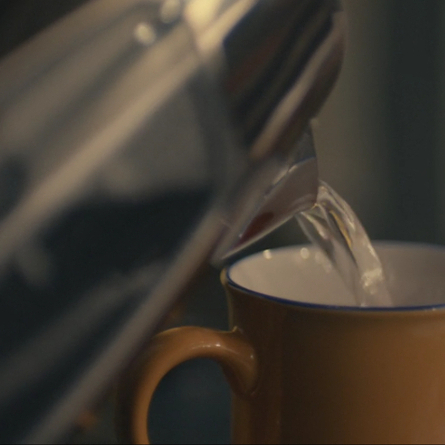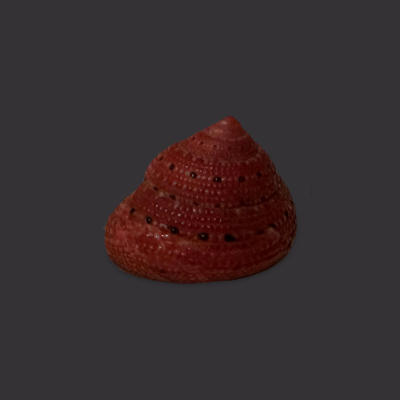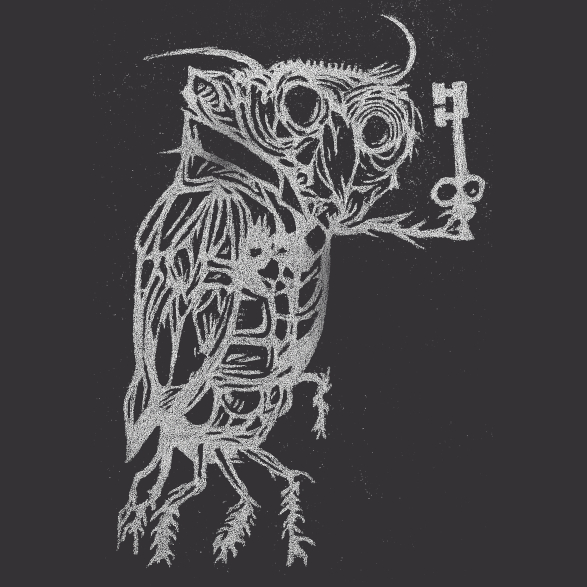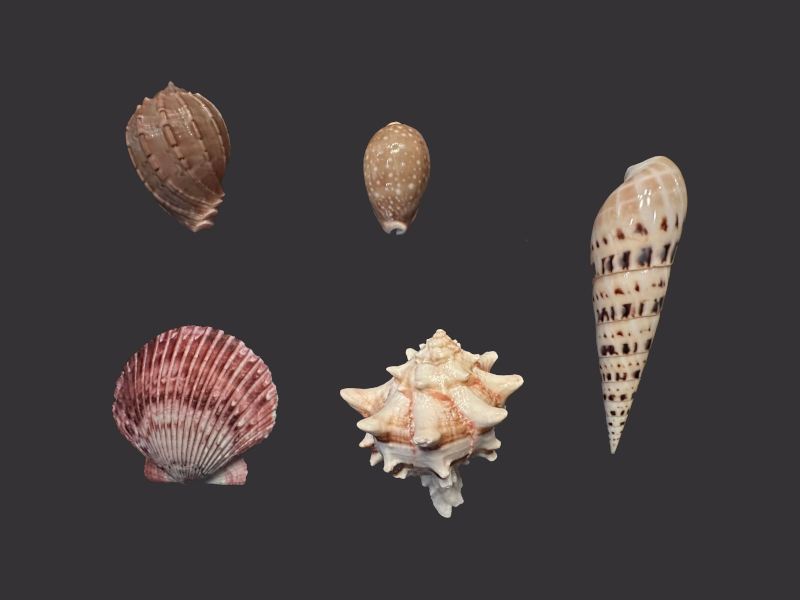BOOKWORM WRITHING
A BLOG for BLATHERING ON about BOOKS
'
Welcome to my discoursive little book blog, a series of visual bibliographies — styled with a nod to citation conventions, but mostly arranged in my own idiosyncratic way...
You might wonder what the mid-20th century British author of “cosy” fiction could possibly have in common with Kafka. Quite a lot, it turns out.
Around January 2023, I became obsessed with shells. It was one book in particular that did it for me, and then, less than six months after, I found myself in Morro Bay, California. There I felt so entertained and so occupied by my affliction that it felt utterly surreal.
In so many ways, Kafka and I are made of the same stuff, it's gross.
“In a way, I only love myself when I am alone.”1
“The existence of another person is enough to transform everything around me into a lie.”2
“All I am is literature, and I am not able or willing to be anything else.”3
Why did I not fully realize how awesome he was until so late...? And why don't I have more of his books?
1. Kafka, Franz. Diaries, 1910–1923. Edited by Max Brod. Translated by Martin Greenberg with Hannah Arendt. New York: Schocken Books, 1988. ↩
2. Franz Kafka, Diaries, 1910–1923. ed. Max Brod, trans. Martin Greenberg and Hannah Arendt (New York: Schocken Books, 1988), 286. ↩
3. Franz Kafka, Letters to Friends, Family, and Editors, trans. Richard and Clara Winston (New York: Schocken Books, 1977), 316. ↩
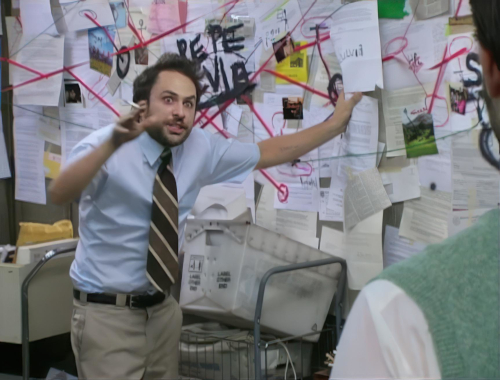 I’m haphazardly building a visual map of my reading life: the curiosities that gripped me, the books that pulled me deeper, the strange paths they led me down.
I’m haphazardly building a visual map of my reading life: the curiosities that gripped me, the books that pulled me deeper, the strange paths they led me down.
